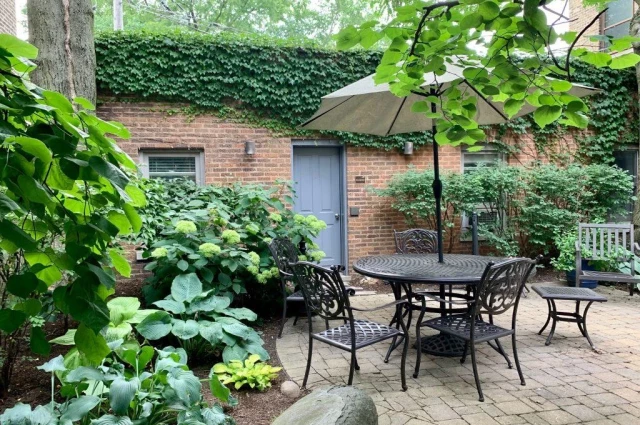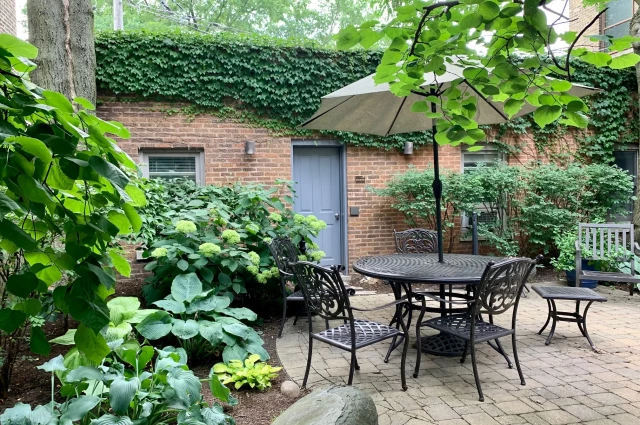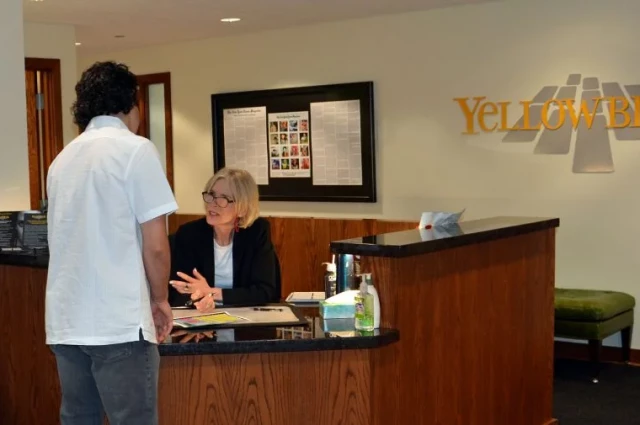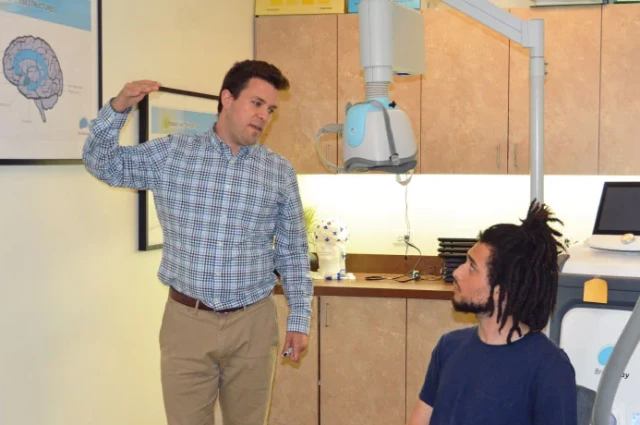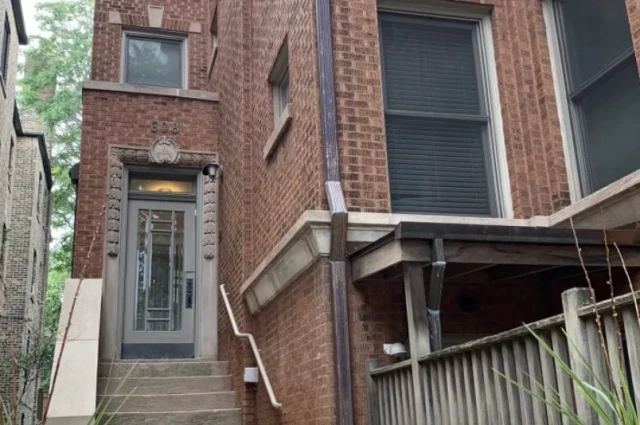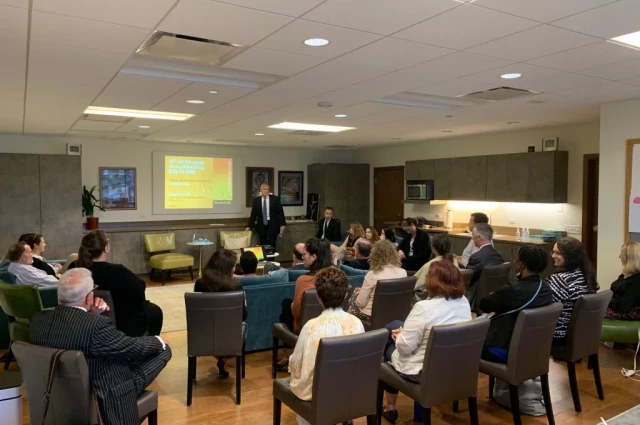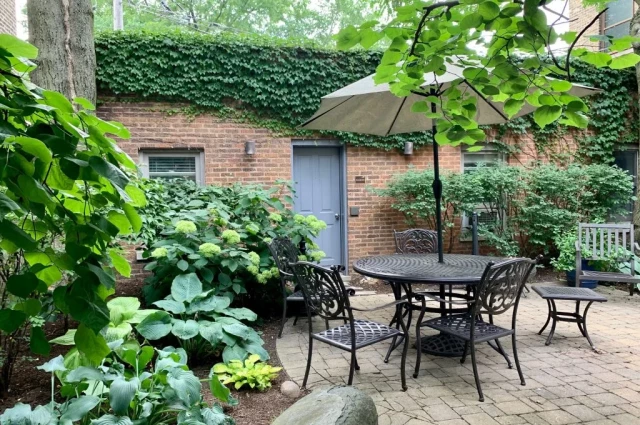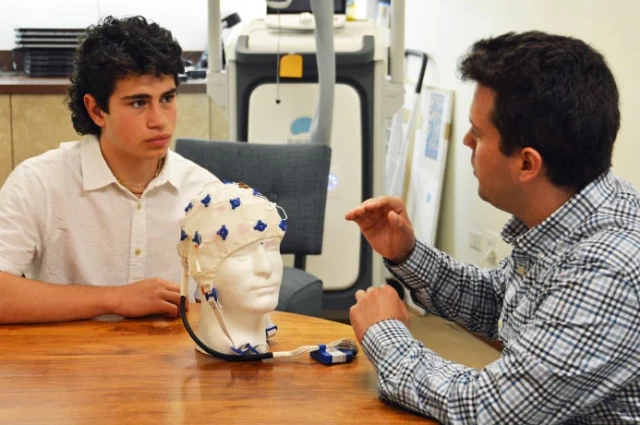Yellowbrick Information
Treatment
Who We Treat
- Young Adults (18–25)
- Male and Female
Treatment Focus
- Personality Disorders
- Bipolar
- Depression
- Eating Disorders
- Trauma
Approaches
- Individual Treatment
- Evidence-Based
- Family Therapy
- Holistic
- Cognitive Behavioral Therapy (CBT)
- Narrative Therapy
- 1-on-1 Counseling with Clinical Psychologist
- Art Therapy
- Mindfulness-Based Cognitive Therapy
- Eye Movement Therapy (EMDR)
- Life Skills Training
Conditions We Treat
- Depression
- Anxiety
- Bipolar Disorder
- Post Traumatic Stress Disorder (PTSD)
- Personality Disorder
- Trauma
- ADHD/ADD
- Personality Disorders
- Bipolar
- Eating Disorders
- Stress
- Co-Occurring Disorders
Substances We Treat
- Alcohol
- Prescription Drugs
- Synthetic Stimulants (Bath Salts)
- Synthetic Drugs
Languages
- English
Aftercare
- Intensive Outpatient Program
Level of Care
- Outpatient
- Intensive Outpatient Program (IOP)
- Day Treatment
Experience
On-Site Amenities
- Access to Nature
- Outdoor Lounge
Personal Amenities
- Air-Conditioned Rooms
- Private or Shared Rooms
On-Site Activities
- AA/NA Meetings
- Alternative Meetings
Special Considerations
- Young Adults Program
Accreditations
-
The Joint Commission
The Joint Commission's addiction and behavioral health accreditation signifies a facility's commitment to high-quality care. It involves rigorous evaluations and assessments of clinical practices, ensuring effective, evidence-based treatment. Accreditation showcases a dedication to continuous improvement and patient safety, instilling trust among patients, families, and healthcare professionals. It's a mark of excellence in addiction and behavioral health care.

Additional Locations
Yellowbrick Accepts The Following Insurance Plans
Find the best treatment options. Call our free and confidential helpline today!

